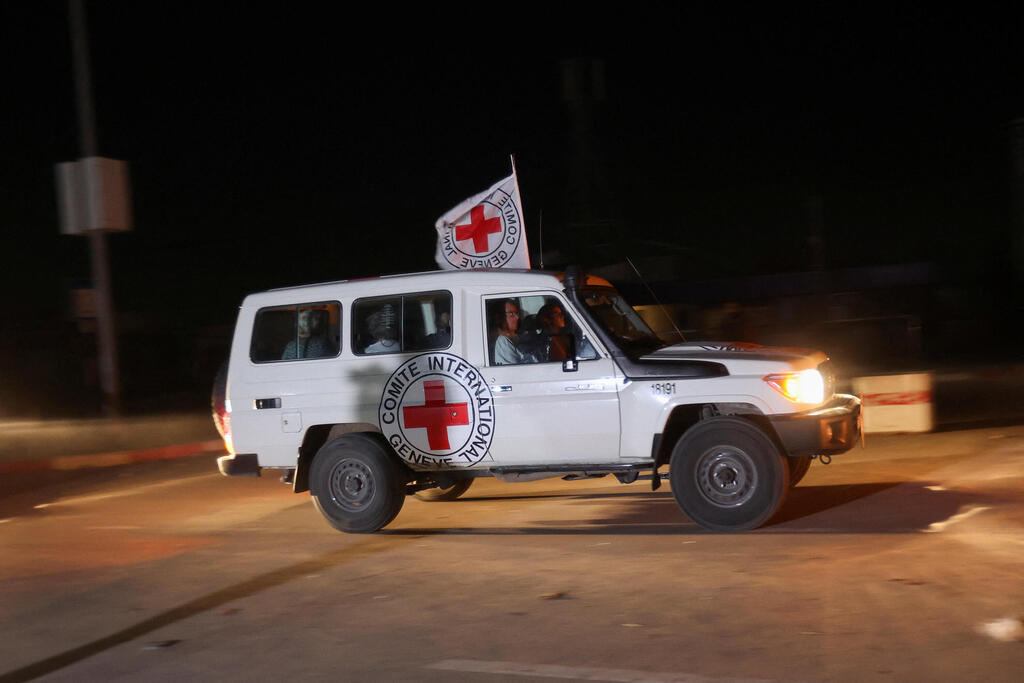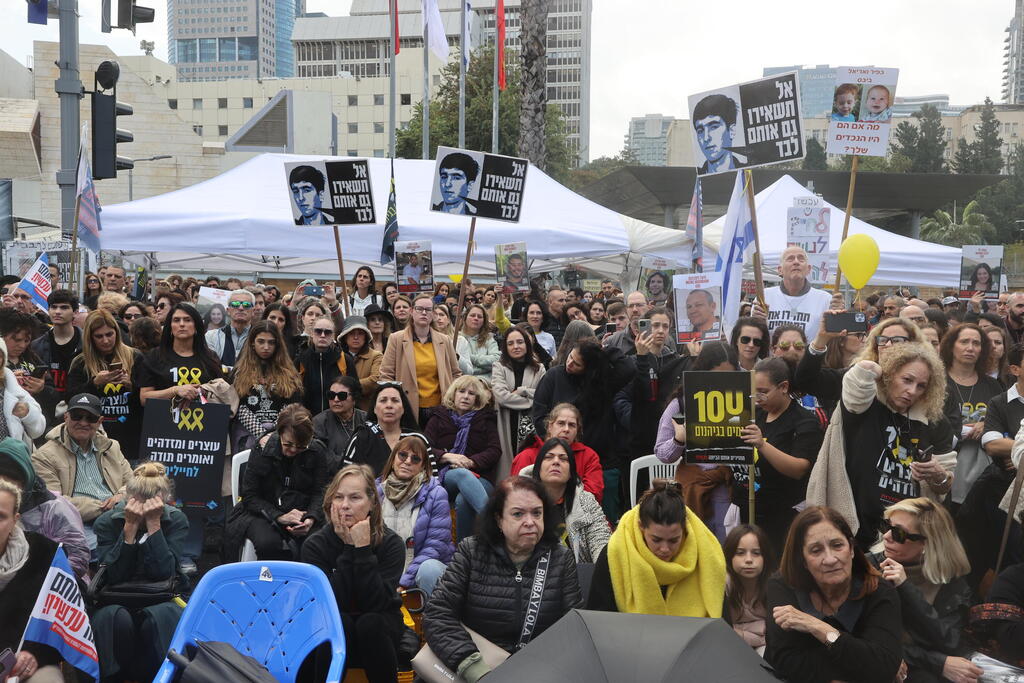Getting your Trinity Audio player ready...
One hundred days after the outbreak of the war, the Welfare Ministry released on Sunday an update regarding the treatment of hostages who returned to Israel from Hamas captivity.
Read more:
A total of 54 former hostages have been assigned caregivers from the National Insurance Institute, psychologists, art therapy specialists and other therapeutic professionals.
Additionally, all released hostages are still receiving medical care, with 85 under the supervision of community nurses and two still hospitalized.
27 moved to hotels, 18 returned home
According to ministry data, only 18 of the former hostages have returned home after being released from captivity. Twenty-seven people have moved to live in hotels after their homes were damaged in the October 7 attack and reintegrated with their communities, while 26 former hostages have relocated to live with family members.
Nine have rented apartments, and three senior citizens who returned from captivity have been accommodated in assisted living facilities.
The ministry reported that in addition to social support, 21 children have returned to an educational framework, some in their original places of residence, while others are with the rest of the children from their community who were relocated and are now in different educational frameworks.
Ahead of their return to Israel, the ministry had prepared guidelines for its professionals on how to reintegrate the hostages based on their personal characteristics, age and family status.
"The preparation of these guidelines assisted social workers in the social services departments to learn about the condition of the hostage or the family they are treating. This was to approach them in the best and most professional manner and to help them adapt to a life routine as normal as possible," the ministry said.
Meanwhile, the ministry’s professionals, in collaboration with the Haruv Institute, developed a first-of-its-kind protocol, detailing every step of assistance for children returning from captivity.
The protocol serves as a blueprint for the treatment and support of children, a population with unique characteristics and needs. A similar therapeutic protocol was prepared for senior citizens, including specific treatment rules tailored for them.
Welfare Ministry Director-General Yaniv Aharoni said, "The ministry’s social workers have formulated a specialized therapeutic service package for each individual to facilitate the reintegration of hostages as much as possible. We will continue to provide assistance to every citizen who has returned from captivity, regardless of their location. They are heroes, and we embrace them."
Welfare Minister Ya’akov Margi, said, "The Welfare Ministry was well-prepared in advance to offer the hostages a therapeutic and social envelope that will help them recover from the difficult experience in captivity.
“A thorough groundwork was done; every hostage who returned from captivity was assigned social workers who underwent specialized training. A detailed professional guideline was prepared for the soldiers and all parties who received the children returning from captivity, in order to provide them with the best possible care. Along with the entire nation of Israel, we await and pray for the return home of all hostages who remain in captivity."




